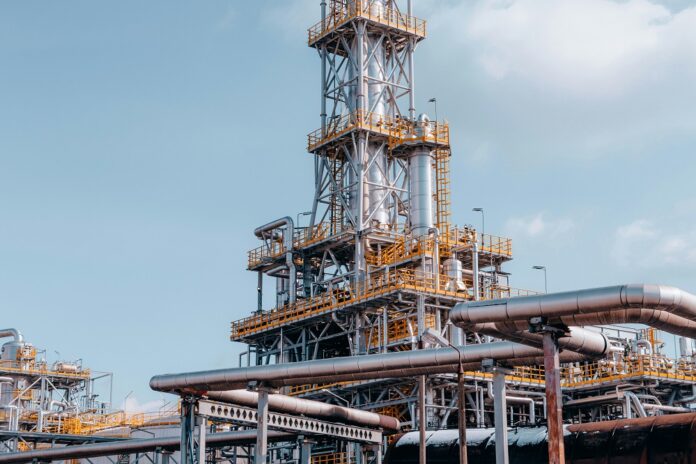Blue Carbon, a Dubai-based company, has signed an agreement to take control of about 20 percent of Zimbabwe’s lands, which includes forests. The company intends to protect the forests to use them to generate carbon credits that it can sell to companies and governments that wish to offset their carbon emissions.
Critics have raised concerns regarding the timing of these conservation agreements, which precede the COP28 climate summit hosted in the UAE. Critics further argue that these green initiatives serve to distract from the UAE’s plans to continue fossil fuel extraction.
The UAE is wrestling with the global push to phase out fossil fuels and the financial risks this would bring to its fossil fuels-dependent economy. Around 30% of the country’s GDP and 13% of its exports comes from oil and gas, CNN reports.
The UAE has committed to cease its oil extraction efforts in 50 years, but questions arise about how sincere the country is in transitioning away from fossil fuels. The appointment of the Abu Dhabi National Oil Company (ADNOC) chief executive, Sultan Al-Jaber, as the COP28 president was criticized for potential conflicts of interest.
The argument is that fossil fuel companies, like ADNOC, should not preside over climate talks.
Carbon offset initiatives, like Blue Carbon’s, have been criticized for their greenwashing and ineffectiveness. Trading carbon credits in exchange for forest conservation is considered controversial, with concerns about exaggerated contributions and land rights violations.
Dubai’s COP28 summit is likely to play a pivotal role in how these carbon credits will be bought and sold. Blue Carbon is expected to present its projects as a blueprint for carbon trading during the summit.
ADNOC stands to gain from COP28 if it is successful in portraying its “Maximum Energy. Minimum Emissions” slogan as a feasible climate solution. Despite plans by other oil majors to cut production, ADNOC’s plans to increase oil and gas production significantly by 2030 raise concerns about its claims of reducing greenhouse gas emissions.
ADNOC’s ambitions to become a major player in the global energy market are highlighted by its expansion into overseas assets and partnerships in gas exploration and renewables.



